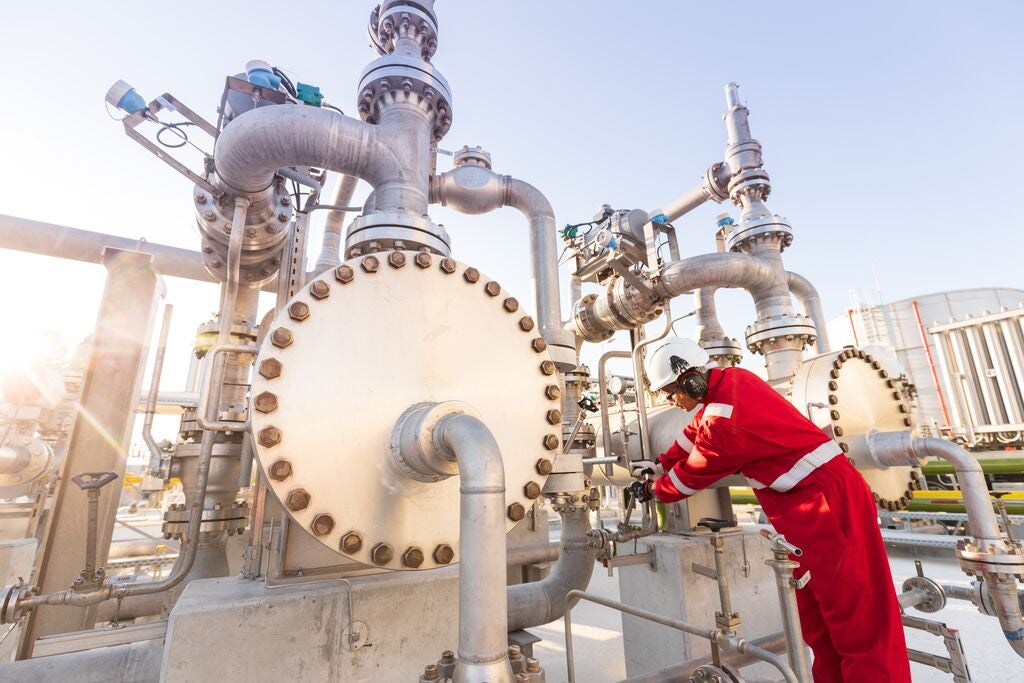
Understand the impact of the Ukraine conflict from a cross-sector perspective with the Global Data Executive Briefing: Ukraine Conflict
Shell is planning to exit its joint ventures with Russian state energy firm Gazprom and related entities, following Russia’s invasion of Ukraine.
Shell currently holds a 27.5% stake in the Sakhalin-II liquefied natural gas facility and a 50% interest in the Salym Petroleum Development and the Gydan energy joint ventures (JVs).
Furthermore, Shell plans to exit from the $11.2bn Nord Stream 2 pipeline, which runs between Russia and Germany.
The pipeline, which has been recently put on hold by Germany, has the capacity to carry 55bcm of gas.
Shell CEO Ben van Beurden said: “Our decision to exit is one we take with conviction. Our immediate focus is the safety of our people in Ukraine and supporting our people in Russia.
How well do you really know your competitors?
Access the most comprehensive Company Profiles on the market, powered by GlobalData. Save hours of research. Gain competitive edge.

Thank you!
Your download email will arrive shortly
Not ready to buy yet? Download a free sample
We are confident about the unique quality of our Company Profiles. However, we want you to make the most beneficial decision for your business, so we offer a free sample that you can download by submitting the below form
By GlobalData“In discussion with governments around the world, we will also work through the detailed business implications, including the importance of secure energy supplies to Europe and other markets, in compliance with relevant sanctions.”
In the Russian ventures, Shell had non-current assets worth around $3bn at the end of 2021.
The firm said that the exit would impact the book value of its Russia assets and result in impairments.
The Salym Petroleum Development JV between Shell and Gazprom Neft is developing the Salym fields in the Khanty Mansiysk Autonomous District of western Siberia.
For the Sakhalin-2integrated oil and gas project, Shell is partnered with Gazprom (50%), Mitsui (12.5%), Mitsubishi (10%).
A JV between Shell and Gazprom Neft, Gydan focuses on exploring and developing blocks in the Gydan peninsula in northwestern Siberia.
With the latest move, Shell joins major European oil and gas producers, including Equinor and BP, in exiting from Russia, in response to military action against Ukraine.







